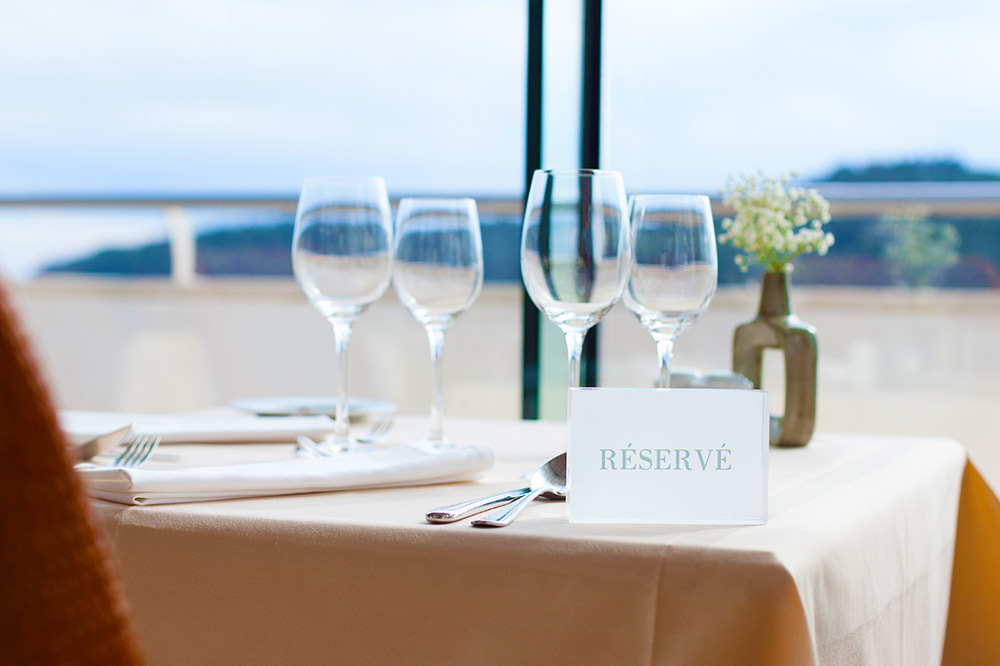It’s probably happened to you before — you’re expecting a restaurant reservation to come in for dinner, and they just don’t show up. Now you have an empty table and you’re relying on walk-in guests to come and fill the space of what should have been a guaranteed table for your staff. When it happens a couple times, it’s frustrating but not something you can’t recover from, depending on the size of your restaurant. But when it starts happening over and over again – it becomes a cause for concern, and one that affects your profit margin.
And no shows or day-of cancellations don’t just affect the bottom line of your restaurant. It can also be damaging for your servers who rely on tips. If those big groups who reserved a space don’t show up (and you have to turn walk-ins away as you wait to see if the reservations arrive), your servers miss out on what could be the bulk of their income for the night.
So what can you do about it?
Be clear in instructions while taking down the restaurant reservation.
Whether in phone or in person, make sure certain pieces of information are given to the customer. Confirm the date and time out loud as you put it into the schedule and repeat that information right before you hang up or they leave the restaurant. Mention to them that cancellations should be done at least 24 hours before the reservation time.
For an in-person restaurant reservation, keep business cards and a pen at the host’s stand so you can write the reservation date and time on the card. This both serves as a reminder and keeps your contact information at hand so they can immediately call you if they do need to cancel.

Send them a reminder.
If you have their email address, it’s a good idea to email them a notification right after they make the reservation and between 24-48 hours before the reserved time (which can give them enough time to cancel if something has come up). Consider looking into online restaurant reservation programs like OpenTable, Freebookings, or Urbanspoon’s Rezbook that can schedule the confirmation emails for you.
It could also be beneficial for you to call the day before to confirm the reservation is still on. If they cannot make it, then you can immediately cancel the reservation for them, making it convenient for them and less of a headache for you the next day.
Consider holding their credit card number.
This is controversial among restaurant owners simply because many consumers are wary of providing their credit card over the phone and can be turned off by a reservation policy that requires it. However, taking down their credit card number and charging a fee for not showing up can mean recouping some expenses for you and your staff.
This may not work for all restaurants, so if you’re going to try it out it’s crucial that you explain to the guest exactly what your rules are for penalizing no-shows. If you are nervous to try this policy, you can always choose to implement it only for groups of six or larger. Having stricter rules for bigger group reservations is often seen as more reasonable to the customer.
Train your staff on how to properly take a restaurant reservation.
This is crucial for hosts whose job description includes taking reservations, but it should be part of basic training for all front-of-the-house staff who might need to pick up the phone if the host or manager are out of the room. Everyone who might possibly take down reservations should know the exact protocol to follow – not only so reservations get recorded properly, but so that every guest making a restaurant reservation knows your cancellation policies, especially if you do intend to charge a fee for no-shows.
The bottom line is that everyone should be on the same page when it comes to what they tell customers and how they put down reservations.

Put in special rules for holidays.
When it comes to Christmas, New Years, Thanksgiving, Mother’s Day, and other specific holidays throughout the year, it’s even more important for your reservations to make it – most people are going to have plans already and there’s less chance of walk-in guests to make up for missed reservations. Again, if you want to try requesting a credit or debit card ahead of time, holiday scheduling could be a reasonable time to do it.
An alternative is selling tickets for prix fixe holiday menus. That way, you’re essentially getting paid ahead of time and have less losses if some of those guests just don’t show up.
Do you need reservations?
If more and more of your reservations fall through, it might be worth it to consider whether offering reservations is a benefit or a hindrance to your restaurant. If your walk-in traffic is strong enough, you might be able to do quite well without offering to reserve tables. It really depends on your location as well as the type and size of your restaurant. Look at restaurants similar to your business and see what they’re doing in terms of reservations.
A missed restaurant reservation can be costly for your business, but it’s not the only place you can control your costs. Download our free eBook “How You Can Control Your Costs” for more ideas today!






